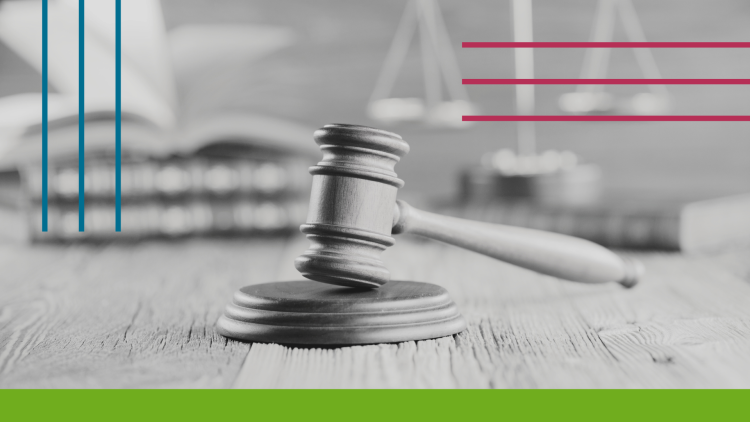
What are the constitutional concerns?
The Georgian Constitutional Court held a preliminary hearing[1] between August 29-31 on the controversial foreign agent law, following lawsuits filed by President, civil society organisations, opposition MPs and journalists. The plaintiffs argue that the law stigmatises organisations receiving foreign funding, posing a significant threat to Georgia’s civil society and its EU integration aspirations.
At the heart of the plaintiffs' case is labeling of civil society organisations as "pursuing the interests of foreign powers”. In addition to its stigmatising effect, the contested provisions present several issues that make the law incompatible with multiple articles of the Georgian Constitution, including its repressive monitoring mechanisms or violations of the right to personal data. The law violates various fundamental rights, such as the right to privacy, freedom of information and association. The monitoring mechanism provided by the law and its repressive nature are also problematic, as it requires individuals to provide information immediately, without considering the volume or complexity of processing the data. The mechanism of monitoring and requesting information creates a powerful tool for intimidating and putting constant pressure on organisations, their partners or employees. These issues are central to concerns that the law violates Article 78 of the Constitution, which mandates that Georgian constitutional bodies must work towards full EU and NATO integration.
On October 9, the Constitutional Court announced its decision to accept certain parts of the appeals against law “On Transparency of Foreign Influence” for substantive examination, but to reject the petitioners' request to suspend the validity of the contested provisions pending the final resolution of the case. 2 judges out of 8 issued dissenting opinions, expressing their disagreement with the decision to keep the law in force while the court proceeds further to reach final decision.
How does the law impact civil society and media in practice?
The practical effect of the law, according to the plaintiffs, will be the stigmatisation of civil society and media organisations, limiting their ability to operate freely. Financial disclosures, particularly for organisations working in sensitive areas like human rights and media, could endanger individuals and diminish trust in these organisations. The Court was also presented with examples of negative public perception already manifesting due to the law, such as graffiti labeling journalists as "foreign agents."
What's next?
While the Court has moved to the next phase of substantive review, the immediate future looks challenging for Georgian civil society. Without suspension, the disputed law remains in force, raising serious concerns about the ongoing restrictions on civic space and the potential setback to Georgia's EU integration ambitions. The Court’s final decision will be pivotal for the future of civil society and the rule of law in Georgia. It is important to note, however, that the process leading to a final decision may take several months or even years.
[1] Hearing on August 29 - https://www.constcourt.ge/ka/hearings?session=209
August 30 - https://www.constcourt.ge/ka/hearings?session=210
August 31 - https://www.constcourt.ge/ka/hearings?session=211
Detailed information about hearings - https://civil.ge/archives/621941
